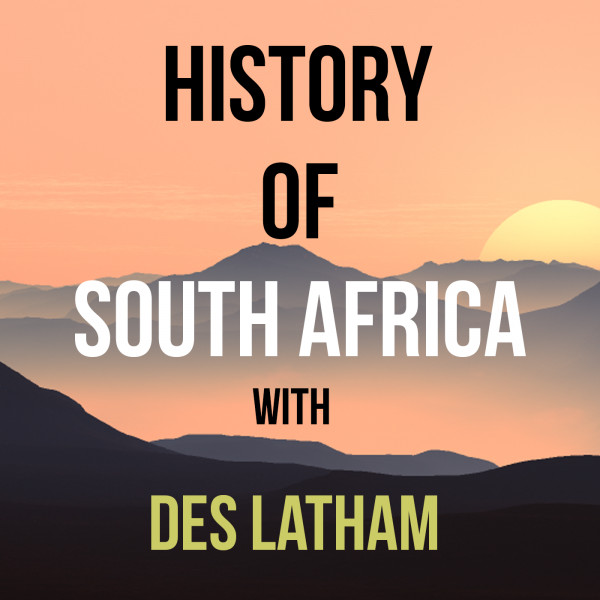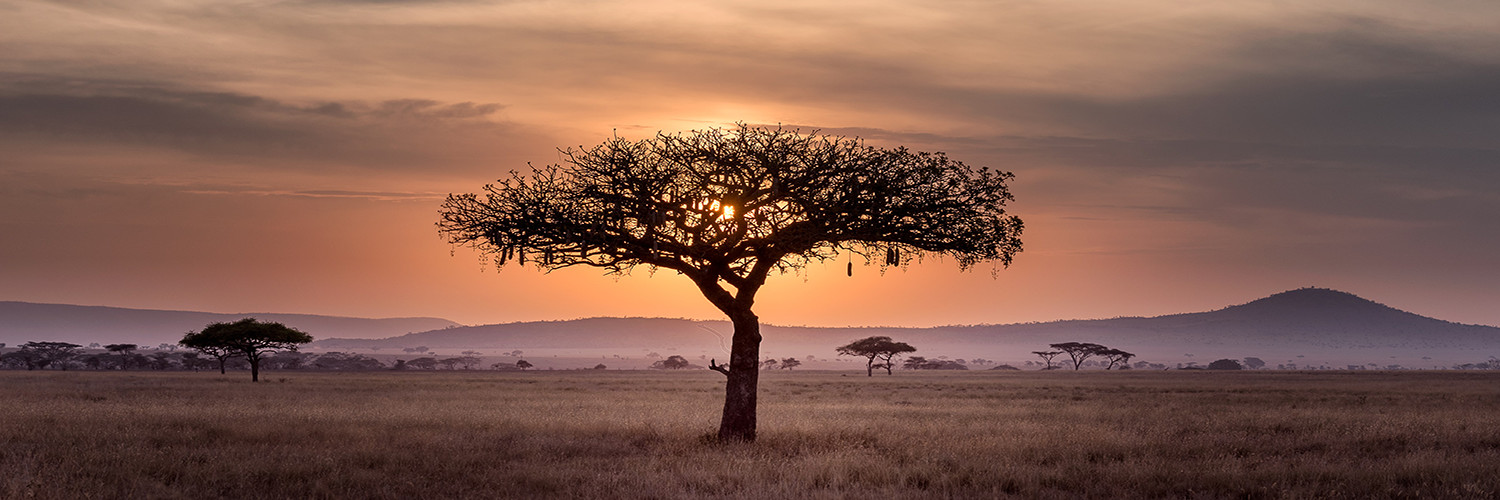
Episode 69 – Senzangakhona’s “Jerusalem of the Zulus”, his beautiful wife Bhibhi and a bit of Delagoa Bay
--:--
This is episode 69 and we’re hunting the origins of Shaka.
Throughout the area north of the Thukela River the main medium of exchange in terms of goods was no longer cattle by 1810 – it was beads. These glass objects manufactured in Europe had flowed through southern Africa starting in the first days of contact between Europe and Africa – way back in 1480s.
More than 300 years later, these beads could be found in every corner of the continent. And one of those corners was Zululand.
By the time of Shaka’s rise, starting in the second decade of the 19th Century, beads had become one the main medium of exchange paticularly when a man acquired a wife – lobolo, in conjunction with cattle.
But beads were not the only trade item, things like copper and iron were mined locally and traded as well, while the people along the coast were expert at salvaging these metals from the numerous ship wrecks that dotted the Indian Ocean sands from north of Mozambique to Cape.
Metals were directly linked to status. As you’ve heard in our earliest podcasts, African people were using iron and copper as ornaments – and the metals were worn by warriors as a sign of bravery. So trade with Europeans was therefore directly associated with the stratification of society from the earliest days with the most important members owning the most copper and brass, gold and even iron.
However, there was not enough trade with Delagoa Bay to say with certainty that trade in these kinds of products alone drove the amaNdwandwe and the amaMthethwa, then the AmaZulu, to rise as powerful centralized kingdoms.
Major trading emanated from Delagoa Bay, and the Dutch took advantage of this. Ivory was the main product, not slaves, with beads exchanged in return. Gold dust was also traded from far in the interior. Tsonga traders from around Delagoa Bay pitched up as far south as the Mfolozi River. Some made it 1500km into the interior!
Throughout the area north of the Thukela River the main medium of exchange in terms of goods was no longer cattle by 1810 – it was beads. These glass objects manufactured in Europe had flowed through southern Africa starting in the first days of contact between Europe and Africa – way back in 1480s.
More than 300 years later, these beads could be found in every corner of the continent. And one of those corners was Zululand.
By the time of Shaka’s rise, starting in the second decade of the 19th Century, beads had become one the main medium of exchange paticularly when a man acquired a wife – lobolo, in conjunction with cattle.
But beads were not the only trade item, things like copper and iron were mined locally and traded as well, while the people along the coast were expert at salvaging these metals from the numerous ship wrecks that dotted the Indian Ocean sands from north of Mozambique to Cape.
Metals were directly linked to status. As you’ve heard in our earliest podcasts, African people were using iron and copper as ornaments – and the metals were worn by warriors as a sign of bravery. So trade with Europeans was therefore directly associated with the stratification of society from the earliest days with the most important members owning the most copper and brass, gold and even iron.
However, there was not enough trade with Delagoa Bay to say with certainty that trade in these kinds of products alone drove the amaNdwandwe and the amaMthethwa, then the AmaZulu, to rise as powerful centralized kingdoms.
Major trading emanated from Delagoa Bay, and the Dutch took advantage of this. Ivory was the main product, not slaves, with beads exchanged in return. Gold dust was also traded from far in the interior. Tsonga traders from around Delagoa Bay pitched up as far south as the Mfolozi River. Some made it 1500km into the interior!
